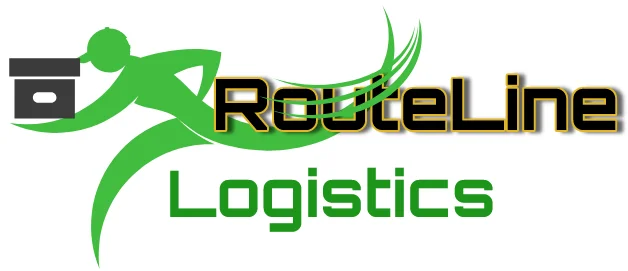Learn about essential supply chain metrics and KPIs that measure performance and drive continuous improvement.
Supply chain performance metrics provide the foundation for continuous improvement by measuring efficiency, effectiveness, and customer satisfaction.
**Key Performance Indicators (KPIs)**
Essential supply chain KPIs include on-time delivery, order accuracy, inventory turns, and cost per shipment. Balanced scorecards ensure comprehensive performance measurement across multiple dimensions.
**Customer Service Metrics**
Perfect order fulfillment, order cycle time, and customer satisfaction scores measure the customer experience. These metrics directly link supply chain performance to business success.
**Cost Metrics**
Total cost of ownership, cost per unit shipped, and logistics cost as percentage of sales provide insight into cost efficiency. Activity-based costing reveals true cost drivers.
**Asset Utilization**
Inventory turns, warehouse utilization, and transportation asset utilization measure how effectively resources are deployed. Higher utilization typically indicates better efficiency.
**Quality Metrics**
Defect rates, returns, and damage claims measure supply chain quality performance. Quality metrics help identify improvement opportunities and cost reduction potential.
**Sustainability Metrics**
Carbon footprint, energy consumption, and waste generation measure environmental performance. Sustainability metrics are increasingly important for regulatory compliance and customer expectations.
**Benchmarking**
Industry benchmarking provides context for performance measurement and identifies best practices. Regular benchmarking studies reveal competitive position and improvement opportunities.
Effective performance measurement drives continuous improvement and aligns supply chain operations with business objectives.
**Key Performance Indicators (KPIs)**
Essential supply chain KPIs include on-time delivery, order accuracy, inventory turns, and cost per shipment. Balanced scorecards ensure comprehensive performance measurement across multiple dimensions.
**Customer Service Metrics**
Perfect order fulfillment, order cycle time, and customer satisfaction scores measure the customer experience. These metrics directly link supply chain performance to business success.
**Cost Metrics**
Total cost of ownership, cost per unit shipped, and logistics cost as percentage of sales provide insight into cost efficiency. Activity-based costing reveals true cost drivers.
**Asset Utilization**
Inventory turns, warehouse utilization, and transportation asset utilization measure how effectively resources are deployed. Higher utilization typically indicates better efficiency.
**Quality Metrics**
Defect rates, returns, and damage claims measure supply chain quality performance. Quality metrics help identify improvement opportunities and cost reduction potential.
**Sustainability Metrics**
Carbon footprint, energy consumption, and waste generation measure environmental performance. Sustainability metrics are increasingly important for regulatory compliance and customer expectations.
**Benchmarking**
Industry benchmarking provides context for performance measurement and identifies best practices. Regular benchmarking studies reveal competitive position and improvement opportunities.
Effective performance measurement drives continuous improvement and aligns supply chain operations with business objectives.
